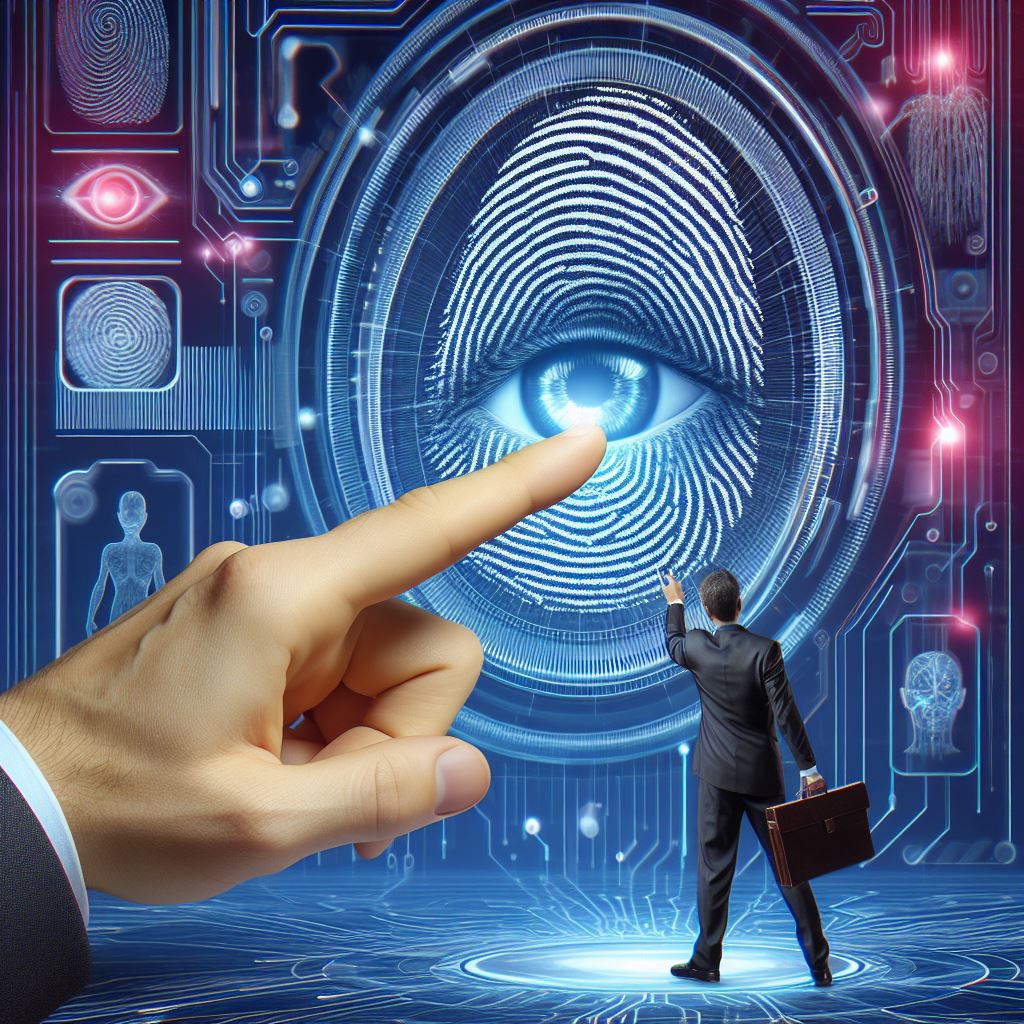In the ever-evolving landscape of technology and data security, the issue of personal data has taken center stage with the emergence of AI-generated content and deepfake technology, prompting a critical examination of the complexities surrounding Personhood Verification.
As concerns around fraudulent activities and identity theft grow, powerful entities, including major tech corporations and regulatory bodies, are grappling with the complexities of safeguarding personal information in the digital age. The latest developments shed light on efforts to address the Personhood Data Dilemma, where individuals must increasingly prove their humanity amidst the proliferation of AI-driven interactions and transactions.
Tech giants combat deepfakes
In response to the escalating threat of deepfakes and deceptive AI content, major tech corporations, including Meta, Microsoft, Google, and Amazon, have joined forces to combat the spread of misleading information. Meta’s pledge to label AI-generated audio-visual content represents a significant step forward in addressing the challenge posed by deepfakes. However, the limitations in identifying all AI-generated content underscore the complexities involved in this endeavor.
The voluntary accord signed at the Munich Security Conference outlines principles aimed at managing the risks associated with deceptive AI election content, emphasizing the importance of a comprehensive response from all sectors of society. While the framework sets forth noble intentions, the absence of detailed technical plans and enforcement mechanisms raises questions about its effectiveness in mitigating the spread of harmful content.
Regulatory responses to AI-enabled impersonation
In the United States, the Federal Trade Commission (FTC) has proposed updates to existing rules to combat AI-enabled impersonation and fraud. With the proliferation of AI tools facilitating impersonation at an unprecedented scale, regulatory measures are deemed necessary to protect consumers from malicious actors.
The proposed expansions to the final impersonation rule aim to provide consumers with recourse against scammers utilizing government seals or business logos to deceive individuals. However, concerns linger regarding the potential clash between regulatory efforts and constitutional rights, particularly the First Amendment’s protection of satire and free speech. As the FTC seeks to strengthen its toolkit against AI-enabled scams, the balance between combating fraud and safeguarding individual liberties remains a pressing concern.
The rise of digital personhood verification
In parallel with regulatory responses, innovative projects such as Worldcoin are reshaping the landscape of digital Personhood verification or identity verification. With the aim of establishing a global digital ID and financial network, Worldcoin addresses the growing need for personhood verification in an AI-driven world. By leveraging biometric data and blockchain technology, Worldcoin offers individuals greater control over their online identities, promising a decentralized alternative to traditional identification systems.
Yet, the multifaceted nature of digital ID applications raises questions about their efficacy and potential risks. While proponents advocate for digital self-sovereignty and enhanced privacy protections, skeptics warn of the inherent challenges and vulnerabilities associated with decentralized platforms. As Worldcoin and similar initiatives gain traction, the debate surrounding the convergence of personal data and decentralized economies intensifies.
As society navigates the intricate intersection of technology, privacy, and identity, the Personhood Data Dilemma persists as a formidable challenge. With advancements in AI technology and digital identity verification, individuals are confronted with the dilemma of balancing security concerns with the preservation of personal freedoms. As regulators, tech companies, and innovators continue to grapple with these complex issues, the imperative for robust safeguards and transparent governance mechanisms becomes increasingly evident. Ultimately, the question remains: How can we harness the potential of AI and decentralized platforms while safeguarding the integrity of personal data in an interconnected world?
Land a High-Paying Web3 Job in 90 Days: The Ultimate Roadmap
